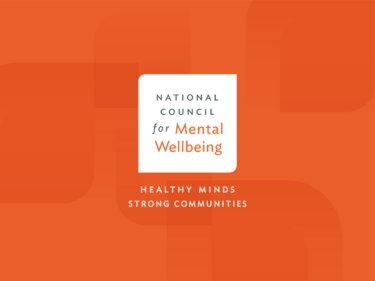Integrating Peer Programs for People Who Use Drugs
Peer Programs in overdose prevention and response can foster community engagement, promote safer drug use practices, and empower individuals through shared knowledge and experiences. For those who seek it, peer supporters can play a vital role as a bridge into and through recovery, assisting with accessing and navigating formal treatment and recovery support services.
This document examines how peer support can also help reduce risks associated with drug use, such as the transmission of infectious diseases, overdose and social stigmatization. Our focus is on designing and implementing peer support programs that are rooted in respect, empathy, and an understanding of the diverse experiences of people who use drugs. By highlighting successful models and best practices, this resource provides a road map for communities and organizations looking to integrate peer support for risk reduction or recovery support into their programs.
This work is supported by the Centers for Disease Control and Prevention (CDC) of the U.S. Department of Health and Human Services (HHS) as part of a financial assistance award totaling $400,000 with 100% funding by CDC/HHS. The contents are those of the author(s) and do not necessarily represent the official views of, nor an endorsement, by CDC/HHS, or the U.S. government.

